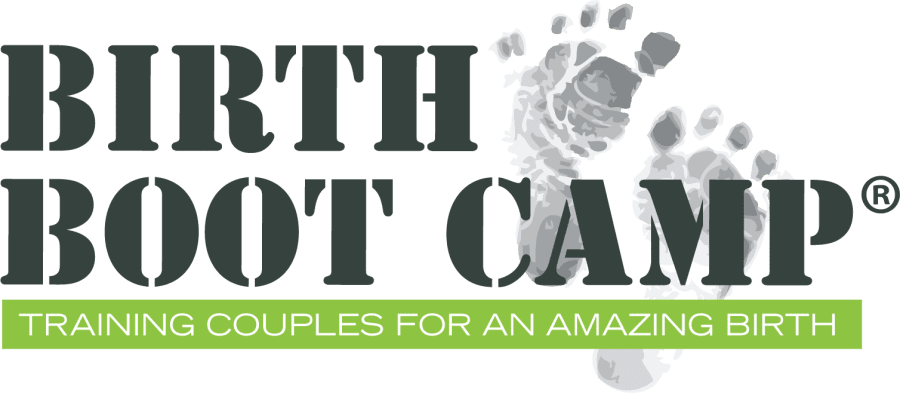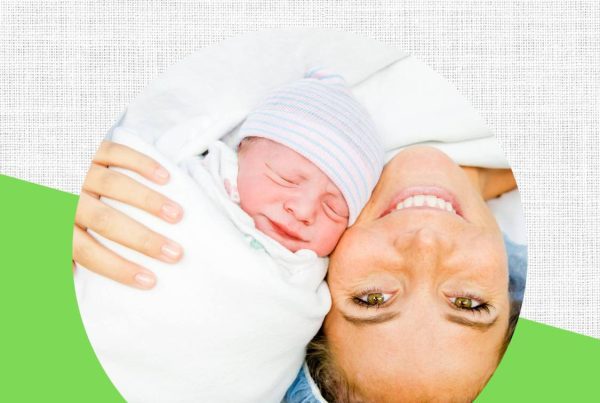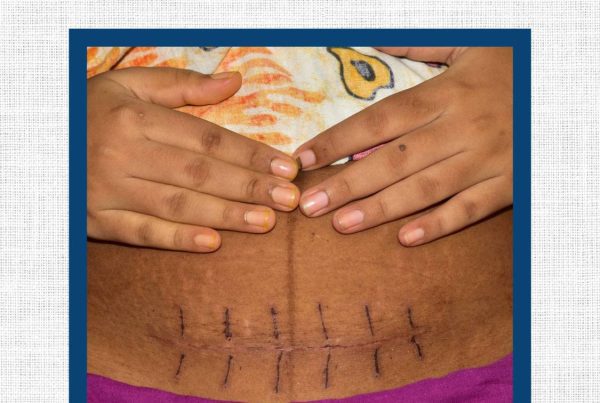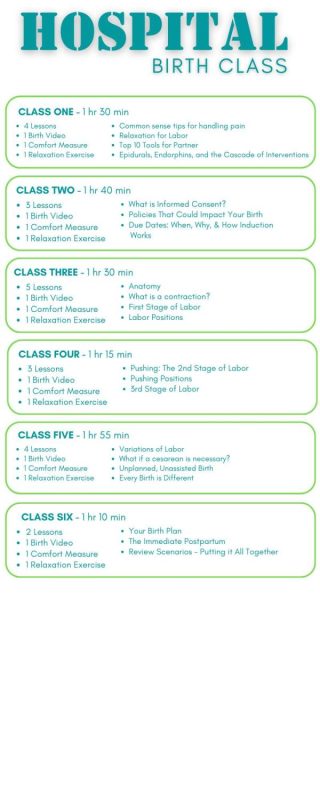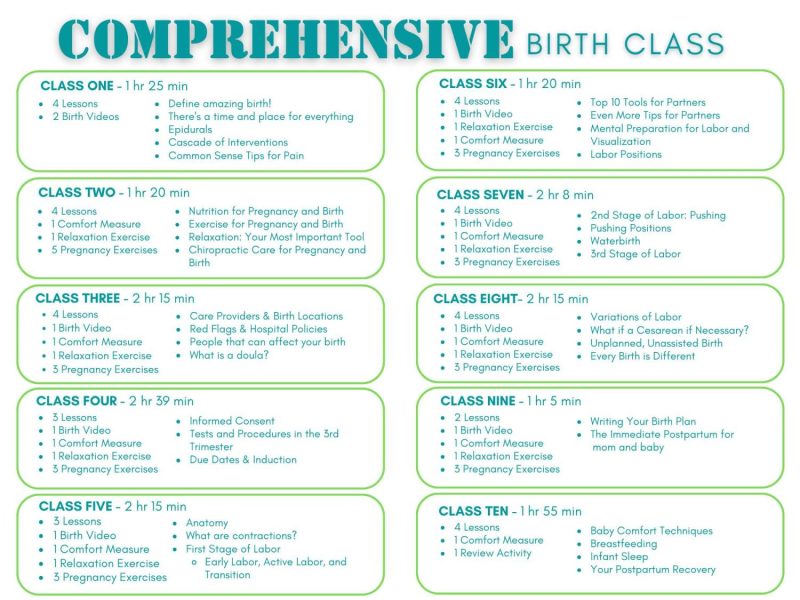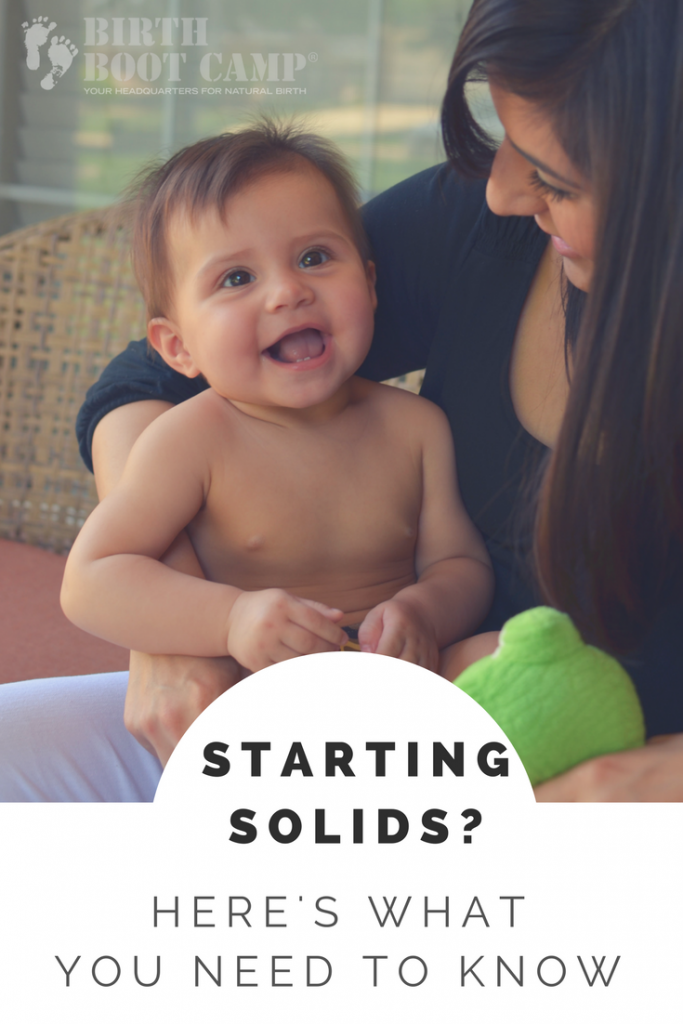
Starting Solids- Here’s What You Need To Know
For years the standard advice about starting solids with your baby was to begin with rice cereal at around four months of age.
However, in the last 10 years we have seen opinions and recommendations change so much in the area of starting solids. What your mom, grandma, or even older sister did may not be what you are hearing is best for your baby. Sometimes women are even getting outdated advice from trusted experts.
Today let’s talk about starting solids with your baby and how to do it right.
First, assess readiness.
While we like to get concrete times and dates from our pediatrician, babies (just like due dates) don’t always follow the plans we have neatly laid out in our development books. For this reason, it can be useful to observe signs of readiness rather than watch the calendar when starting solids.
Signs of solid readiness include:
Age- current recommendations are that you shouldn’t start solids before six months because it can increase the chance of health problems later in life.
Sitting alone- A baby that sits alone well is showing signs of food readiness. Some high chairs are designed for a baby who can not yet hold themselves up. Those babies aren’t ready to eat solid food.
Diminished tongue thrust– If you try to feed a baby that just isn’t ready, they will fight you, thrusting their tongue, gagging, and basically showing you that food doesn’t go in there yet. This does subside upon readiness.
Pincer grasp- When a baby is grabbing food with thumb and forefinger, then bringing it to their mouth, they may be ready for solids.
Very interested and grabbing food at mealtime- When your baby wants to eat, guess what, they will let you know! While they aren’t verbal, any parent notices when the baby, formerly only interested in mama’s milk, is suddenly lunging at your plate and stealing your dinner.
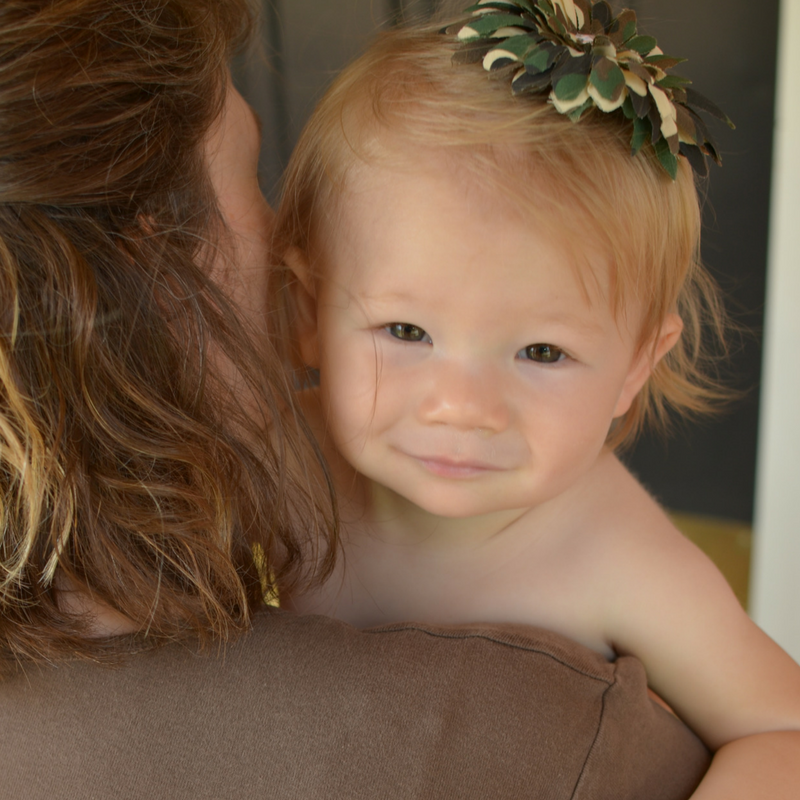
~
Look at all of these signs of readiness as a whole to determine if your baby is ready for solids. Remember that giving them foods early is harder on gut health and their immune system.
Many respected organizations recommend no solids before six months.
Second, choose a food.
What foods are good for a new baby? Rice cereal isn’t the only choice. It is not a necessary food for a baby. You should, of course, be aware of foods that are allergenic like dairy or tree nuts.
Good first foods include:
Avocado, sweet potatoes, bananas, cooked black beans, some meats, peas, and more are good foods for babies. You can find a longer list of good first foods for babies here. La Leche League offers a great list of first foods and the order in which they can be added to your baby’s repertoire.
While pureed foods, either purchased or made by mama, are popular, if your baby still has a very strong gag and has not mastered the pincer grasp and so needs to be fed puree, it’s possible the baby isn’t ready for solids at all and should continue on breast milk.
Third, consider safety.
When baby is ready, they can safely eat small chunks of cooked food. There are a few simple things to be aware of.
If you are sitting your little one in a high chair, keep watch, and make sure that baby is given small enough pieces that they won’t choke.
Not all food needs to be pureed in order for it to be safe. But you also don’t need choking hazards.
Foods like avocados or cooked sweet potatoes don’t just work because they are nutritious and yummy- they are also soft and easy to gum for those little ones who want food but don’t have lots of teeth.
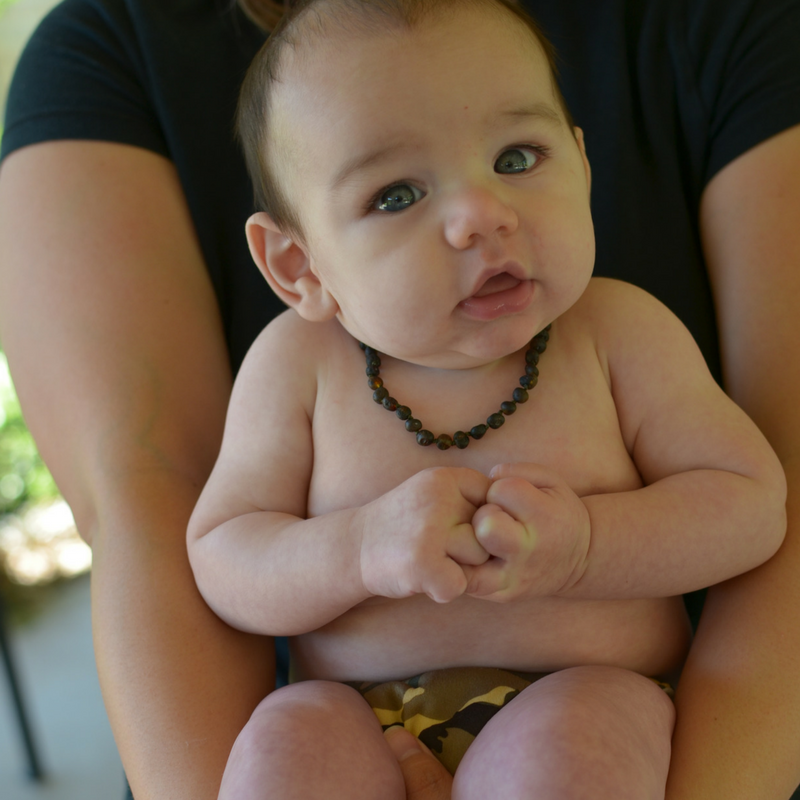
Fourth, don’t forget how culture influences.
What we consider normal and culturally appropriate in baby food is a cultural construct to some degree. Your grandma probably did things differently. Moms in South Africa, France, China, and North American will all approach first solids differently, focusing on foods that are culturally appropriate for them and listening to advice from those they consider experts.
In some cultures, it is normal for baby to eat foods that are spicy and exotic for most American palates. Yet they thrive. All babies in the world don’t begin with rice cereal.
What is now called baby led weaning, is probably what women have done for thousands of years as their little ones reached for what mama was eating and she gave them a nibble.
~
While we tend to stress, plan, and prepare for starting solids with our babies, this transition can be gentle and gradual. Just as we learned to listen to our bodies through the journey of pregnancy, labor, birth, and breastfeeding, we must learn to listen to our baby. This is a something that very naturally happens and doesn’t require stress.
You don’t need machines, gadgets, or large investments. You just need to eat healthy foods and be able to cut them small enough for your burgeoning toddler to safely consume.
Have fun with starting solids with your baby! This time is enjoyable, in a messy way, for the whole family. Dad, if baby has been exclusively breastfed, can participate more in feedings, as can siblings. Suddenly the baby feels like more of a regular family member as they sit at the table and join in at mealtime.
Hurray for baby-led weaning!
